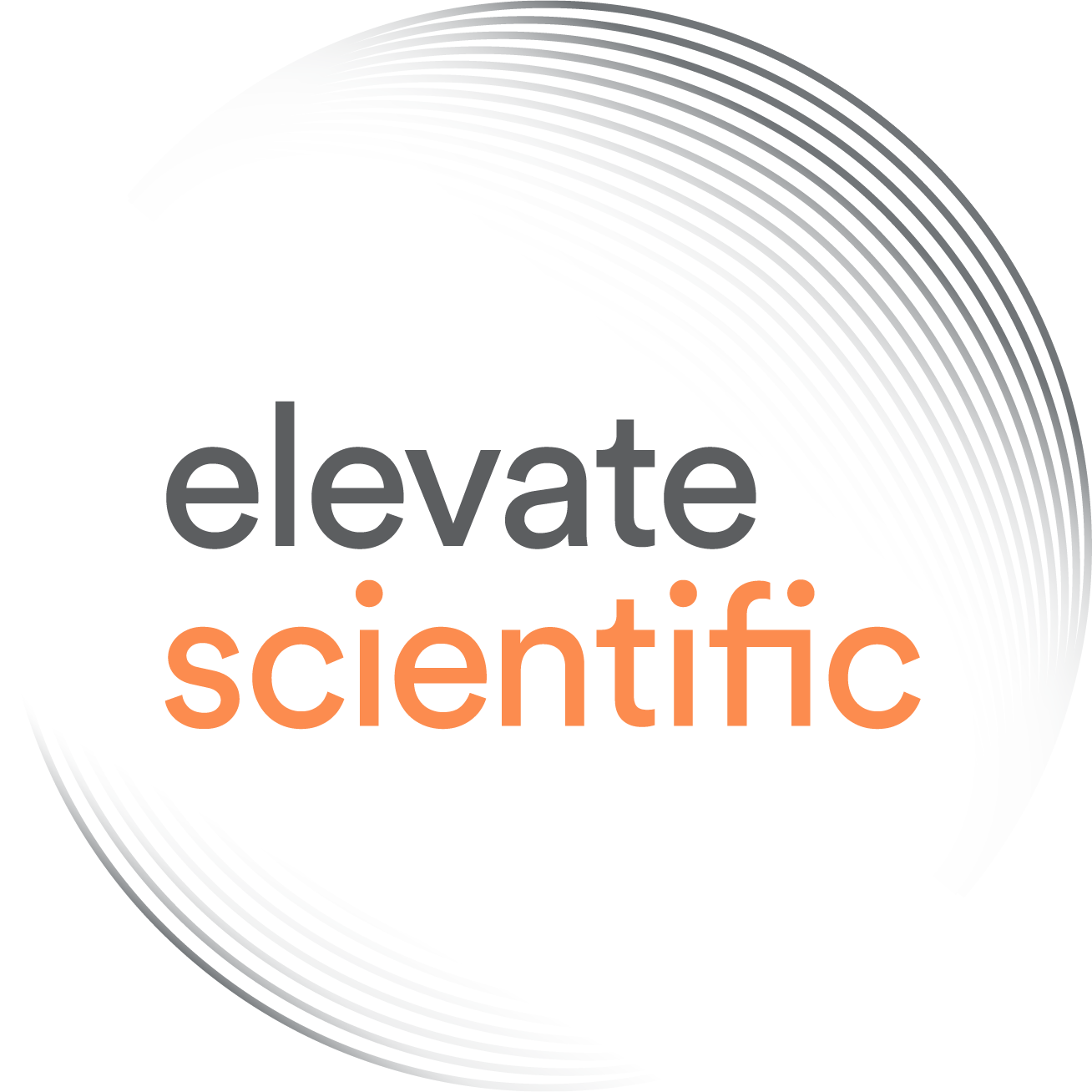Researchers preparing for their Brussels interviews are undoubtedly near the tops of their fields. But our recent experience shows that they still need support to make the best of this high-stakes event.
The interview stage for the ERC CoG scheme has just finished. We at Elevate have recently had the pleasure of helping a few researchers from across Europe with their preparations for this nerve-wracking event and looking back we can conclude that all researchers put in a lot of effort in their preparations (as they should!) but that all needed support with different aspects of their narrative, slides, presentation and how they handled Q&As. Below we summarize a few of our thoughts.
Our support contained:
- Review of the B1/B2 and feedback on possible issues that could be raised during the interview
- Narrative development
- Design and illustration
- Delivery and Q&A practice
Some of the researchers chose only a subset of our support, whereas others went for the whole package. All researchers made tremendous efforts, but they also needed help with various aspects of their preparations.
Narrative
The key to a successful interview is being able to present the proposed research in a clear and compelling manner in a very tight time frame. Different panels have their own formats for this initial presentation, with the presentation time (for the candidates we helped) ranging from 10 minutes to as little as 6 minutes! To make the most out of these few minutes we advised the applicants on how to:
- Use framing techniques
- Identify key messages
- Be selective
- Adapt the information to the panel’s broad backgrounds
We found that most researchers struggled initially with adapting the narrative to the panel. Often, too much attention was focused on details, rather than zooming out and providing a broader context along with key ingredients of the research strategy.
And while the researchers were very good in identifying the gap in the state-of-the-art – an important piece of information in grant proposals – they did not always fully succeed in explaining the implications of tackling that gap and why it would be urgent to do so. At this initial stage, even the process of introducing the topic of research was sometimes too convoluted, with the use of too much jargon and specialist knowledge that the panel might not have.
Design
All the researchers chose to have our input on designing the slides. We typically suggest:
- Not using too many slides; we recommend a maximum of 1 slide per minute, ideally fewer
- Focusing each slide on one key message or question
- Using minimal amount of text and complementing the verbal delivery with visuals
- Ensuring coherence in the visual narrative
Most researchers struggled with the amount of information on each slide. Frequently, slides were too overburdened with text and graphics and contained too much information. This excess of information risks overloading the attention of the panel members, who have to both listen to the speaker and try to decipher the information on the slide at the same time. Thus, we first helped all researchers with simplifying slides to contain the bare minimum information.
Second, we developed a graphical profile containing a font family, colour palette, heading hierarchy and graphical elements that could be used in, for instance, bulleted lists (which of course should be used sparingly!). We implemented this graphical profile uniformly across the slide deck, which ensures a coherent visual narrative that is not only pleasing to the eye, but also helps the panel to quickly navigate information on the slides.
Finally, for some of the applicants we also helped develop new illustrations to depict important concepts in the proposed research. The resulting slide decks were immensely improved, and the coherence in the visual and verbal narrative gave the participants much-needed anchor points to be able to deliver their presentations confidently.
Delivery
Delivering a presentation poses a major hurdle, not least because most people find public speaking very stressful. Throw in a tight time limit, a tired panel and tons of money and prestige at stake, and it is no wonder that all researchers we have talked to are a bit stressed out.
Some of the researchers chose to be present at our Malmö office for day-long trainings, whereby they could practice their presentations as well as take part in mock Q&As, responding to the variety of questions we had prepared in advance. We discussed and advised on a multitude of things, such as:
- Eye contact and audience engagement
- Body language and mannerisms
- Pace and rhythm of speech
- Ability to project confidence
During a handful of dry-runs and Q&A sessions, all participants practised different aspects of verbal and non-verbal communication. We put them on the spot with tough questions, which provided them with a feel for the actual interview day. Despite the intensive day, all researchers felt that they benefited a lot, and that they felt much more relaxed and confident about their upcoming interviews.
All researchers put in a lot of effort through multiple iterations with us and the results showed. We hope that the final outcome in a few weeks’ time is a positive one, thanks for giving us the opportunity to be part of your journey to Brussels! And for those of you that just submitted an application for the ERC Starting Grant on Oct 19, do get in touch if you would like our support for preparing to embark on a similar journey.


